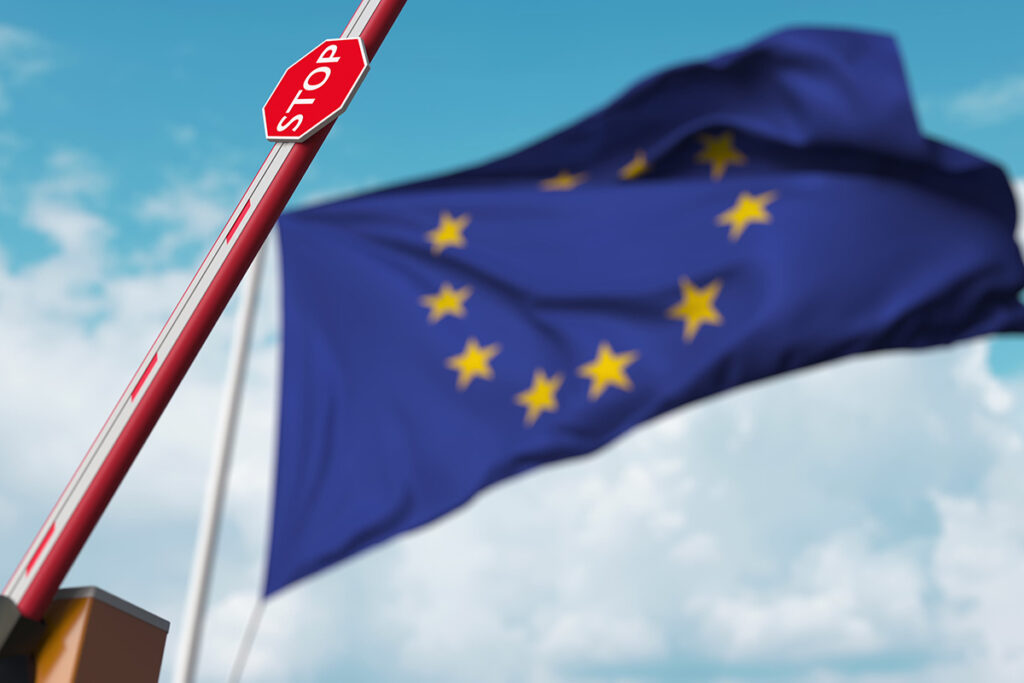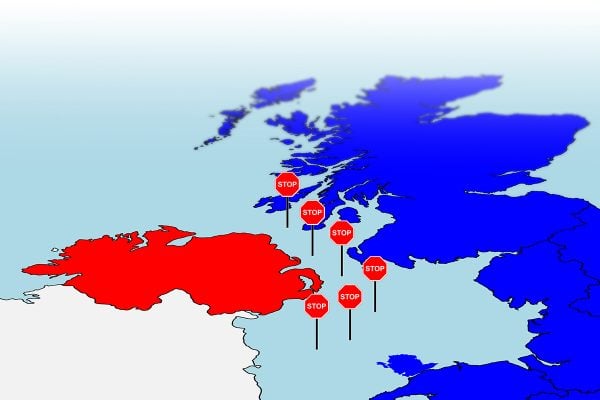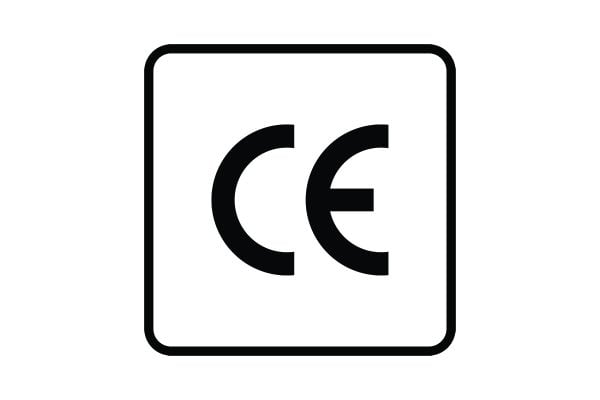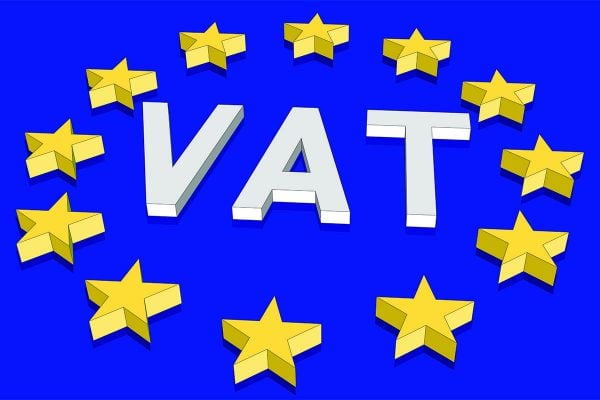When the Government announced an EU Free Trade Agreement had been struck with the EU on Christmas Eve and signed into law on the 31st of December 2020, many breathed a sigh of relief and saw in the New Year. But when they got back to work the next day they started to realise that an EU Free Trade Agreement doesn’t mean free trade for very much at all.
It turns out that the EU Free Trade Agreement struck with the UK only covers goods manufactured in the UK or the EU. And let’s face it, Britain is a nation of traders and we don’t actually make much any more. The agreement does also cover goods worked in the UK, so for instance if you buy some wool from overseas and then knit it into a jumper in the UK then that then counts as a UK product. The measure is, have your worked the product sufficiently to change the HS Code and made it a substantially different product?. For everything else, tariffs apply.
This has led to carnage as companies attempt to ship to the EU with many parcels being turned back and returned. Consumers on both sides of the channel having a courier knock on the door demanding duties on behalf of the governments, and when goods are returned a nightmare of paperwork – so much so that some businesses are reportedly not bothering to pay to costs of getting customs clearance done and for parcels that were simply refused leaving them in limbo with the carrier. Eventually carriers will have to figure out how to dispose of these parcels.
This weekend, the Guardian reports that even the UK Government trade advisors are implying that the easiest way to trade would be to open up an EU based business in order to carry on selling to Europe, bypassing border issues at the point of sale. While governemnt advisors aren’t actively advising opening an EU based business, they certainly don’t seem to be discouraging it when asked if it’s the sensible thing to do.
If you were to open an EU business, there would still be customs to deal with when importing to the EU but this would be a one off bulk import and not much different to ordering stock from overseas and importing into the UK. Once goods were imported to your EU business then there really would be free trade across the whole of the EU.
Opening an EU business avoids costly taxes and duties along with the accompanying paperwork on every small sale that you ship to the EU. However many small businesses simply don’t have the scale and finances to open an EU branch along with premises and the associated costs… plus a doubling up of stock to hold some in the EU and some in the UK.
This Wednesday we are holding a webinar with shipping experts GFS, so if you want to find solutions for your business sign up for the webinar now.








